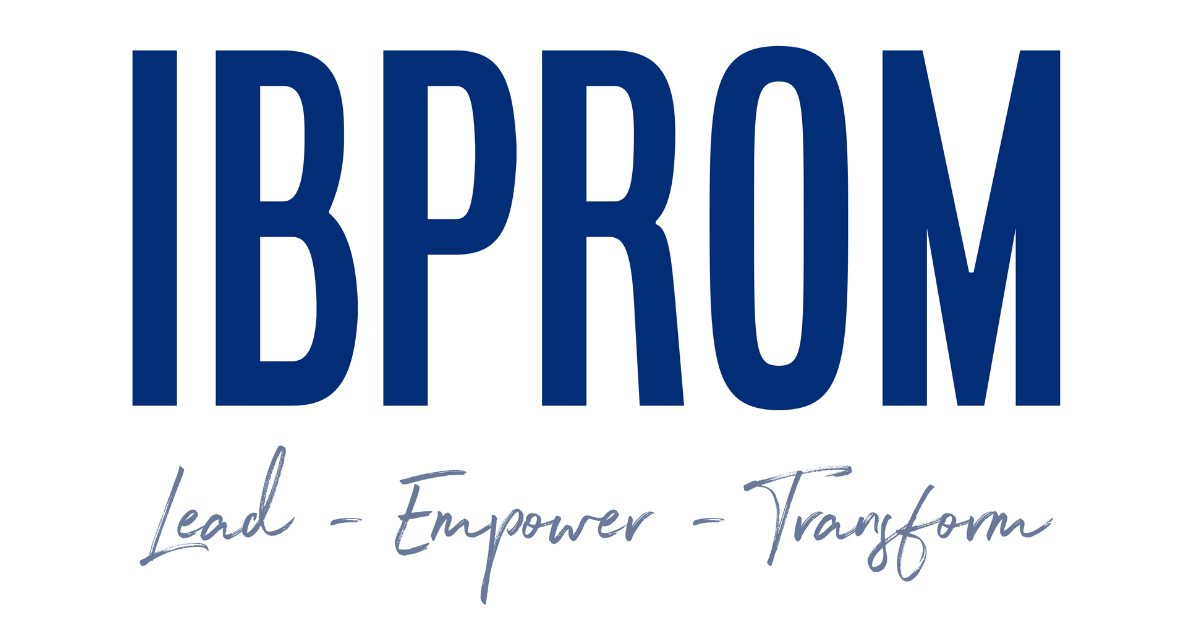In recent years, emotional intelligence (EI) has gained significant recognition as an essential aspect of leadership development and a critical factor for organizational success. As businesses face increasingly complex challenges, companies and HR departments can no longer afford to overlook the importance of cultivating emotionally intelligent leaders. These leaders possess the ability to understand and manage their emotions and those of their team members, fostering stronger relationships, increased collaboration, and, ultimately, better business outcomes.
Leaders with high emotional intelligence have a clear understanding of their emotions and can effectively manage them in various situations, improving their decision-making and conflict-resolution abilities. They are empathetic listeners who can anticipate others' needs and are skilled at maintaining strong interpersonal relationships. As a result, their teams tend to be more cohesive, engaged, and productive.
Evidence-based assessments, facilitation, and coaching can provide leaders with tools and techniques to increase emotional intelligence. Incorporating EI development into a company's leadership training initiatives has the potential to boost employee morale, reduce turnover, enhance communication, and drive overall organizational performance.
Understanding the Components of Emotional Intelligence
To fully appreciate the significance of emotional intelligence in leadership, it is vital to understand its components. Emotional intelligence is typically divided into four key areas:
1. Self-awareness: The ability to recognize and understand one's emotions, strengths, weaknesses, and triggers.
2. Self-management: The ability to control and regulate emotions, especially in stressful situations, and to take responsibility for one's actions.
3. Social awareness: The ability to perceive and relate to the emotions and perspectives of others, empathizing with their needs and concerns.
4. Relationship management: The ability to build and maintain strong relationships, resolve conflicts, and inspire others to achieve their best.
Let's explore how each of these components plays a vital role in effective leadership and contributes to organizational success.
Self-Awareness: The Foundation of Emotional Intelligence
Self-awareness is often considered the first step to developing emotional intelligence. When leaders are self-aware, they can recognize their emotional patterns, strengths, and weaknesses, which allows them to make more informed decisions and respond appropriately in various situations. This heightened level of self-awareness also makes it possible for leaders to identify areas where they need to improve and seek the right resources, such as coaching or training programs to enhance their emotional intelligence.
Developing Self-Management Skills
Once leaders have a strong understanding of their emotions, they must learn to manage them effectively. Self-management is crucial for leaders as it allows them to stay calm and composed during challenging situations, avoiding impulsive reactions that could negatively affect their performance or team dynamics. In addition, successful self-management can also help leaders motivate their employees and maintain a positive work environment by showcasing emotional resilience and adaptability.
Enhancing Social Awareness
An emotionally intelligent leader is tuned into the emotions and perspectives of their team members. This social awareness allows them to empathize with their employees, understand their concerns, and offer the right support to help them overcome challenges. Leaders with high social awareness are better equipped to manage diversity within their team, fostering an inclusive work environment where everyone feels respected and valued. This inclusiveness can lead to increased team cohesion, higher employee engagement, and better results.
Maximizing Relationship Management
Relationship management is the culmination of self-awareness, self-management, and social awareness. An emotionally intelligent leader uses their understanding of emotions to navigate complex workplace relationships, resolve conflicts, and collaborate effectively with colleagues and employees. By proactively nurturing strong relationships, emotionally intelligent leaders can tap into the potential of their team members, ensuring everyone is working together towards common goals.
Building Emotional Intelligence Through Assessments, Facilitation, and Coaching
Investing in the development of emotional intelligence can result in significant benefits for organizations and leaders. Evidence-based assessments can help leaders identify their emotional intelligence strengths and areas for improvement. Facilitation, workshops, and team-building activities can provide leaders with practical tools and skills to enhance their emotional intelligence, while coaching offers personalized support to address individual development needs.
Conclusion
Emotional intelligence in leadership is a crucial factor for organizational success. By building a foundation of self-awareness, developing effective self-management skills, enhancing social awareness, and maximizing relationship management, leaders can create a positive work environment, improve teamwork, and drive better business outcomes. By incorporating emotional intelligence development into their leadership training initiatives, companies can unleash the full potential of their workforce and secure a competitive edge in today's challenging business landscape.
Take the first step towards developing emotional intelligence in your organization's leaders. Explore our
executive coaching services and more today at IBPROM to set your company on the path to success.







